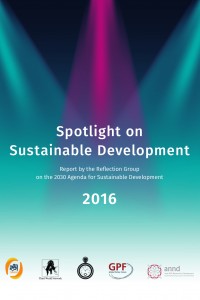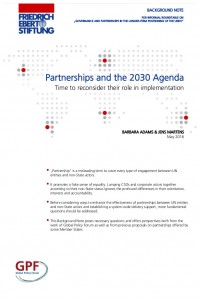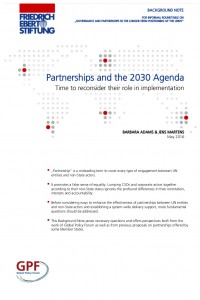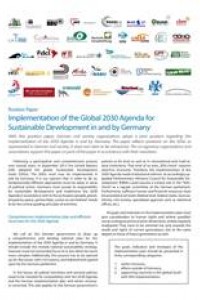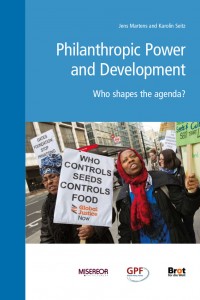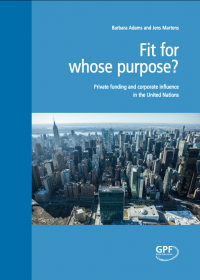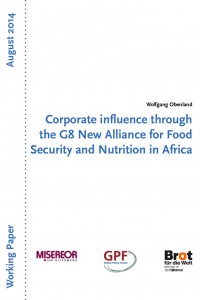Welcome to the Publications section of Global Policy Forum Europe!
Here, you’ll find a wide range of policy briefs, reports, and publications from GPF Europe and our international network. Browse through all available materials or filter by theme or publication type to find exactly what you're looking for.
Looking for something specific? Use the full-text search feature to locate publications by keyword.
Multilingual Content Available
Please note: Many of our publications are available in both English and German. To access additional resources, try switching the website language by clicking the ‘DE’ button in the top-right corner of this page.
Explore key insights, global policy debates, and in-depth analyses – all in one place.

